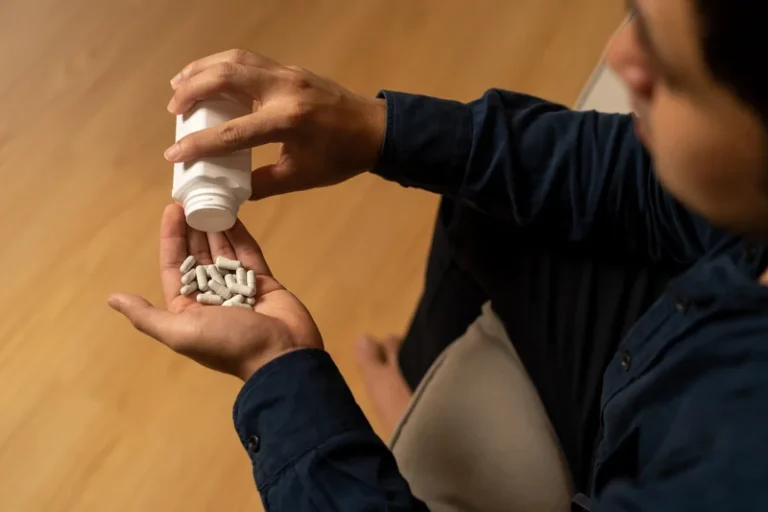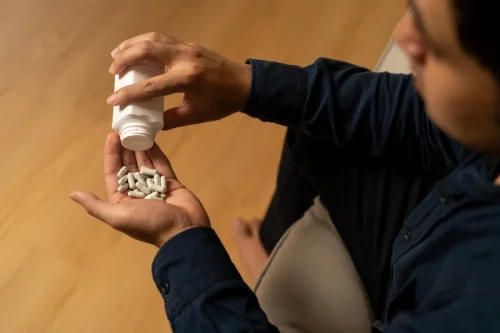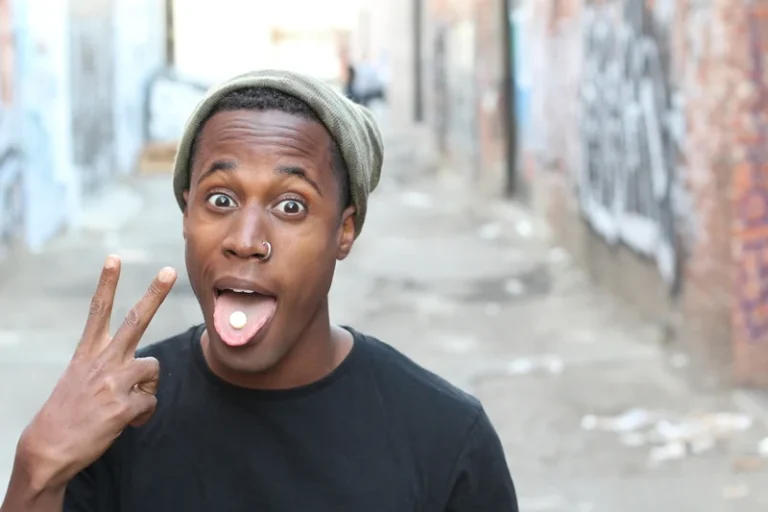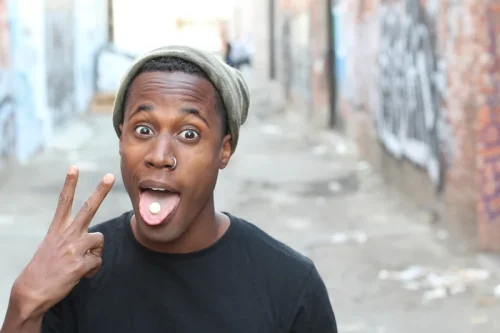
Binge drinking is when a person drinks a lot of alcohol (4-5 drinks) in a short period of time (1-2 hours). Veterans over the age of 65 with PTSD are at higher risk for a suicide attempt if they also have drinking problems or depression. Studies show that the relationship between PTSD and alcohol use problems can start with either issue. For example, people with PTSD have more problems with alcohol both before and after they develop PTSD.

PTSD Symptoms, Emotion Dysregulation, and Alcohol-Related Consequences Among College Students with a Trauma History

In fact, anything a person can do when they are drunk, they can do while blacked out – they just simply won’t remember it the next day. However, during a blackout, a person will be ptsd alcohol blackout able to remember events that happened before their BAC reached very high levels. This allows people that are blacked out to carry on conversations and recall stories from earlier in the evening while they were intoxicated.
Causes of complex trauma
Motivated forgetting may explain why some people develop PTSD after a horrific event while others don’t. Research shows that memory consolidation remains somewhat intact even up to a blood alcohol content of 0.08 percent — the legal limit. As the hippocampus works to log events, its memory cells are communicating with each other and changing through a process called synaptic plasticity. Alcohol dampens synaptic plasticity, and therefore the ability of memory cells to communicate. Meanwhile, alcohol makes it harder to pay attention, which in turn makes your memory even fuzzier. The early stages of intoxication create a paradoxical effect on creating memories, in that your first drink can actually make it easier to remember things, if consumed right after you experience something.
How Blackout Drinking Uniquely Affects Veterans
Chronic alcohol consumption harms the frontal lobe, which is the part of the brain that controls cognitive function and memory formation. Regular damage to the frontal lobe can impair behavior and personality, the ability to perform tasks, and memory retention. Alcohol-induced blackouts are a troubling and potentially dangerous consequence of excessive alcohol consumption. Understanding these blackouts, their causes, and their effects on the brain and memory is crucial for anyone struggling with alcohol use. At Virtue Recovery Chandler, we are committed to helping individuals overcome https://ecosoberhouse.com/ alcohol addiction and lead healthier lives. This article provides detailed information about alcohol-induced blackouts and the steps you can take to seek help.
- A familiarity memory must be triggered by an external reminder — a sight, sound, taste, smell or touch.
- The medical term for blackouts is called transient loss of consciousness (TLOC).
Importance of Professional Support

Prior to attending the laboratory, participants were advised of exclusion criteria, and that they would be required to drink alcohol. Furthermore, the environment at PCP is designed to promote recovery by offering continuous professional support and therapy. This helps patients not only overcome their addiction but also deal with the underlying trauma that might contribute to their substance use.

When an individual blacks out, he or she will continue to hold conversations and engage in activities like normal. In fact, outside observers are typically unaware that an individual is blacked out. Depending on how much alcohol the person drank and how impaired other brain functions are, a person in the midst of a blackout could appear incredibly drunk – or barely intoxicated at all. This is extremely dangerous as the person may attempt to drive, have unsafe or non-consensual sex, or perform other risky behaviors that can lead to harmful and potentially life-threatening situations. The only objective evidence of a blackout is to give someone three unrelated words, have them repeat the words, and then wait five minutes before asking them what the three words were.
Make A Decision That Will Change Your Life
- Consider making weekend mornings a dedicated period for activities that help you unwind and relax.
- Specifically within college students, individuals drank more on days characterized by higher anxiety, and students were more likely to drink to cope on days when they experienced sadness.
- Our brains wipe these memories, which is called active or adaptive forgetting.
- After blacking out, you could wake up and not know where you are, how you got there, or how to get home.
Alcohol-related blackouts are gaps in a person’s memory for events that occurred while they were intoxicated. These gaps happen when a person drinks enough alcohol to temporarily block the transfer of memories from short-term to long-term storage—known Halfway house as memory what is speedballing consolidation—in a brain area called the hippocampus. During such an instance, one may unknowingly put themselves in a harmful situation. This can potentially lead to new traumatic experiences or reactivation of past trauma memories, thereby intensifying PTSD symptoms. Back in the 1980s, when PTSD wasn’t officially recognised, it was termed shell shock or combat fatigue. Furthermore, negative mood regulation expectancies explained unique variance in predicting problem drinking, even after accounting for age, gender, and alcohol consumption.

